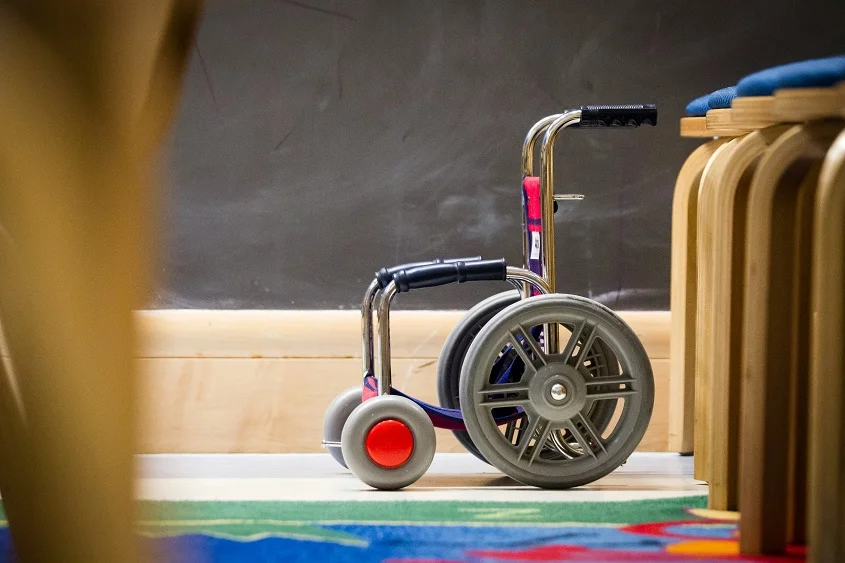What to Expect When Taking Care of Your Parents’ Mobility Needs
- Updated on: Nov 6, 2024
- 3 min Read
- Published on Nov 5, 2024


As our parents age, taking on the role of caregiver can be both rewarding and challenging, especially when it comes to supporting their mobility needs. Many older adults face mobility issues due to arthritis, weakened muscles, or health conditions, and these challenges can impact their independence and quality of life. Here’s what to expect, and how to provide the best support possible to help your parents stay mobile, safe, and active.
Understanding Their Mobility Needs
The first step is to understand the level of support they require. Some seniors may only need a cane or walker to get around, while others may benefit from a wheelchair or even a powered scooter. You might also need to consider home modifications, such as grab bars in the bathroom or stairlifts, to help them move around their home more safely. Consulting a healthcare provider can provide clarity on what specific tools or aids would best suit your parents’ needs.
Selecting the Right Mobility Aids
Mobility aids are designed to address different levels of assistance, so it’s important to choose the right one. A cane or walker is often a good choice for parents who can still walk but need extra support. Rollators—walkers with wheels—provide balance assistance and come with built-in seats for resting. Wheelchairs or power scooters, on the other hand, are necessary for parents with significant mobility restrictions.
When choosing a mobility aid, consider your parents’ physical abilities, lifestyle, and preferences. Some aids are more portable and easier to handle, while others offer more stability but might be bulkier. You can find these devices by searching online for a ‘medical supply store near me’, which can provide a range of options suited to your parents’ mobility and physical needs.
Creating a Safe Environment
Falls are a major concern for seniors with limited mobility, and reducing hazards in their environment is essential. Make sure that pathways within the home are clear and well-lit, and remove tripping hazards like rugs or cords. Installing grab bars in bathrooms and non-slip mats can make a big difference in preventing accidents. For homes with stairs, consider whether a stairlift is necessary, or arrange a bedroom and bathroom on the main floor if possible.
Providing Emotional Support
Mobility loss can have a significant emotional impact, as it often signifies a loss of independence. It’s natural for ageing parents to feel frustration, sadness, or even embarrassment about their mobility limitations. Encourage open communication and provide reassurance that the mobility aids are there to help them maintain their independence, not to diminish it. Being empathetic and patient will make the transition smoother and help them adjust more positively.
Seeking Professional Support
If your parents’ mobility issues are complex or if they have additional health challenges, professional assistance might be necessary. Physical therapists can design exercises that strengthen their muscles and improve balance, while occupational therapists can suggest practical modifications to make daily activities safer.
Final Thoughts
Taking care of your parents’ mobility is about more than providing physical support; it’s about maintaining their independence and dignity as they age. Understanding their needs, choosing appropriate mobility aids, creating a safe environment, and offering emotional support are key aspects of this journey. With compassion and the right support, you can help your parents continue to enjoy a quality, active life even as their mobility needs evolve.












